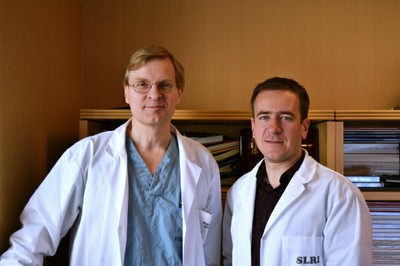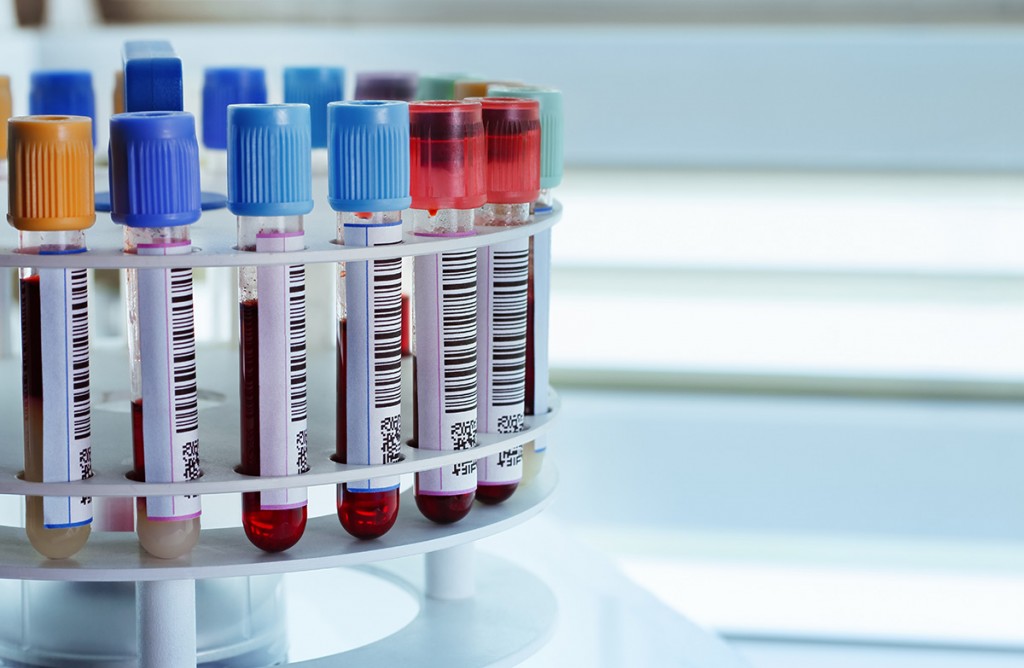
Mount Sinai’s Lunenfeld-Tanenbaum Research Institute has developed a new test that could make a big difference to men facing infertility.
A study published in a leading international journal, Science Translational Medicine, details the discovery of a key biomarker that can pinpoint the cause of infertility without the need for invasive surgery.
This story was covered by BBC News, ABC News’s “PM” with Mark Colvin, CTV News, CBC News, The Toronto Star, Globe and Mail, Ottawa Citizen and the Calgary Herald.
About half a million Canadian men are infertile, according to clinician-research Dr. Keith Jarvi. As a urologist who treats men with infertility, he knows how valuable this simple, inexpensive test could be. “Testing a semen sample can be done in the doctor’s clinic as it’s noninvasive and much easier for the patient than surgery,” he says.
Dr. Jarvi directs the Murray Koffler Urologic Wellness Centre, is head of Urology, and associate scientist at the Lunenfeld-Tanenbaum Research Institute. He is a professor of Surgery at University of Toronto.
MaRS Innovation, which commercializes discoveries made by University of Toronto hospitals and research institutes, is already working on the project, which Jarvi believes may lead to commercial tests within the next couple of years. [For more information, contact Barry Elkind].
Using state-of-the-art technology to identify and analyze proteins in the sample, lead author Dr. Andrei Dabrovich and co-authors matched the proteins to specific causes of infertility. This includes both obstructive and non-obstructive causes of infertility.Non-obstructive infertility refers to the failure of sperm to develop properly.
When the cause is obstruction in a man’s reproductive system, healthy sperm can sometimes be retrieved surgically for IVF. “This is important information to guide couples in their family planning,” Dr. Jarvi adds.
The research took years of work by a multi-disciplinary team. “Getting regulatory approval will be the next step,” says Dr. Jarvi. “We’re one to two years away from rolling the test out to physicians’ offices around the world, but as a urologist and male fertility specialist I’m awfully glad to know that our test shows such promise and is well on its way.”
The research was funded by Canadian Institutes of Health Research, Physicians’ Services Incorporated grants, and the Mount Sinai Hospital Foundation Norm Hollend post-doctoral fellowships.
Posted by Elizabeth Monier-Williams, marketing and communications manager, with files from Mount Sinai Hospital and CTV News.
Post

